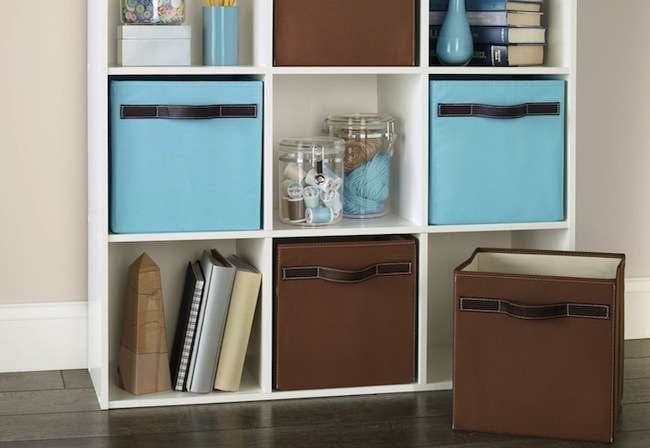We may earn revenue from the products available on this page and participate in affiliate programs. Learn More ›
DO: Take Advantage of Vertical Space
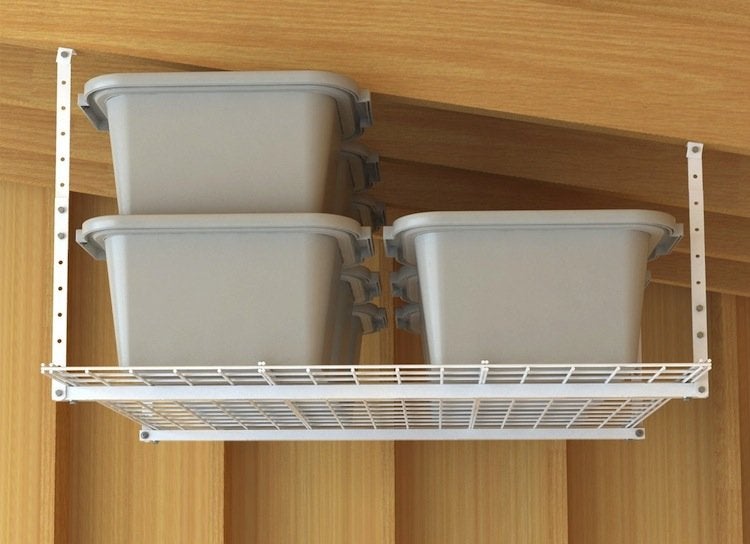
When space is at a premium, build up, not out. Handy homeowners can fit their own ceiling storage units between exposed rafters, or install a store-bought system like the HyLoft. These are great for big, bulky, or awkward items such as luggage, coolers, seasonal decorations, and more. Available on Amazon; $51.75.
DON'T: Leave Items Unprotected
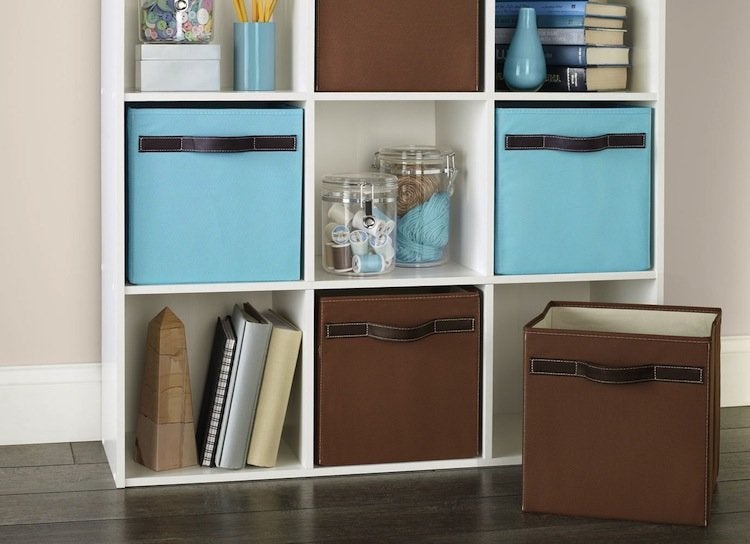
When storing off-season gear in an unfinished basement, your best bet is a sealed, air-tight tub or bin. Not only will this kind of container seal out moisture, it can prevent unwanted pests from chewing and nesting in your supplies. For finished basements, a combination of baskets or bins—from wicker to fabric to plastic—are ideal for a basement playroom or craft room. Putting a lid on them or storing in cubby holes will help keep dust to a minimum.
Related: 50 Ways to Repurpose Your Clutter
DO: Consider Built Ins

Zillow Digs home in Corte Madera, CA
A fully or partially finished basement likely plays host to a TV room or wet bar. For a beautiful and ultra-functional basement storage solution consider built-in cabinets and shelves. Open shelves display decor or frequently used items, while cabinets conceal kids’ toys, cleaning supplies, and more.
Related: 12 Finished Basement Ideas for Creating the Ultimate Bonus Space
DON'T: Be Careless with Wood Furniture
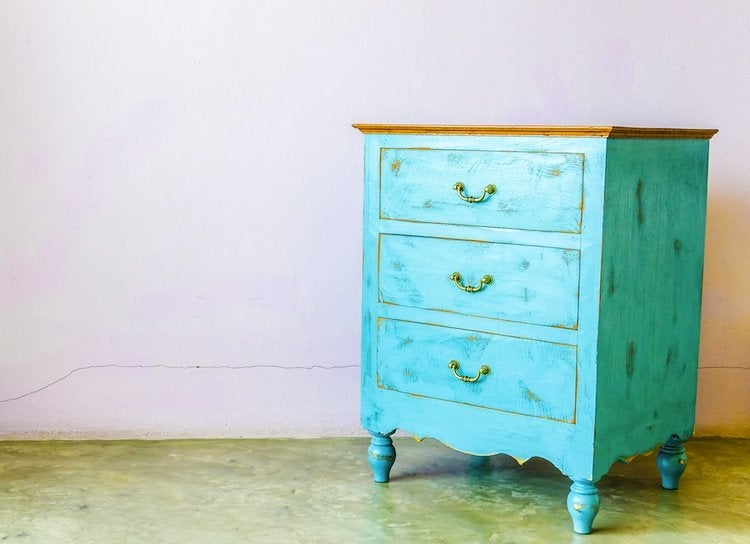
The basement is not the ideal place to store wood furniture but if you must, then it’s important to keep a couple pointers in mind. Elevate furniture by placing cinder blocks or planking under furniture legs. That way, you’ll have time to remove furniture to safety in the event of a flood. Covering furniture can help it from getting scratched or soiled, but avoid never plastic cloths which can trap moisture, causing wood to swell and warp.
Related: 14 Unfinished Basement Ideas You Can DIY in a Weekend
DO: Get Creative
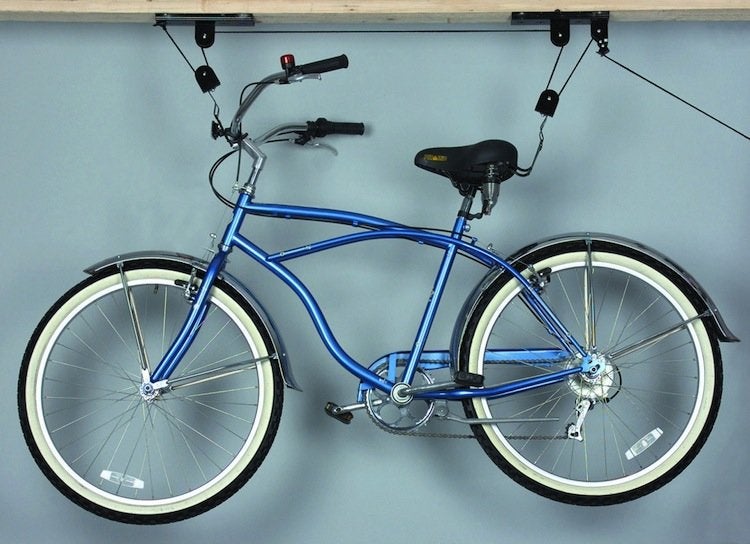
Storing extra-large or heavy items like bikes or skis isn’t always easy. Bulky gear may be too large to keep on the ground but when stored too high, it can be a hazard to take down. A pulley system makes for an easy and elegant solution. A pulley hoist, with or without shelving, is relatively easy to install and will save your shoulders and back lots of wear and tear. After that, it’s a cinch to pull the bike out of storage—no ladder necessary.
Related: 14 Secret Storage Spots That Are Already in Your Home
DON'T: Invite Rust
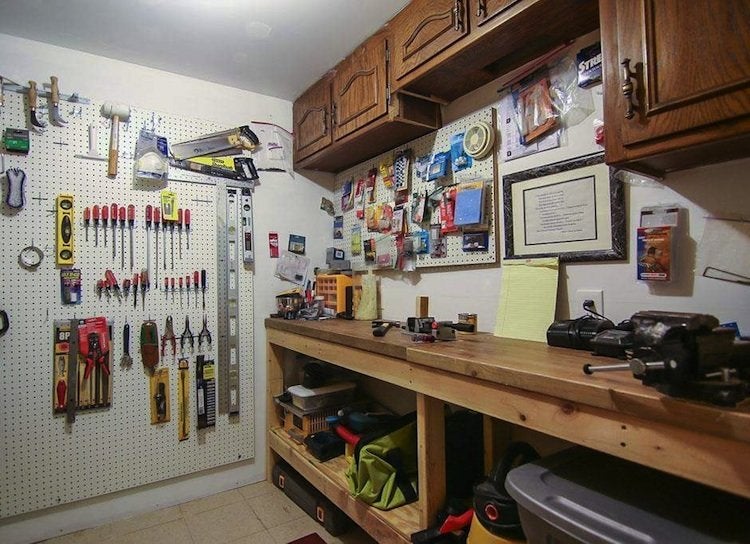
Zillow Digs home in Sun Prairie, WI
Any handyman knows it’s important to keep tools well-organized and accessible. Pegboards are a mainstay of garage and basement workshops (and convenient to boot) but there’s a catch. Metal tools left hanging a damp basement are just asking for rust. When storing tools in the open, first protect them with a coat of machine oil to repel moisture. Otherwise, keep your wrenches, hammers, and drivers locked up in the toolbox where they’ll be protected from the elements.
DO: Use the Stairs
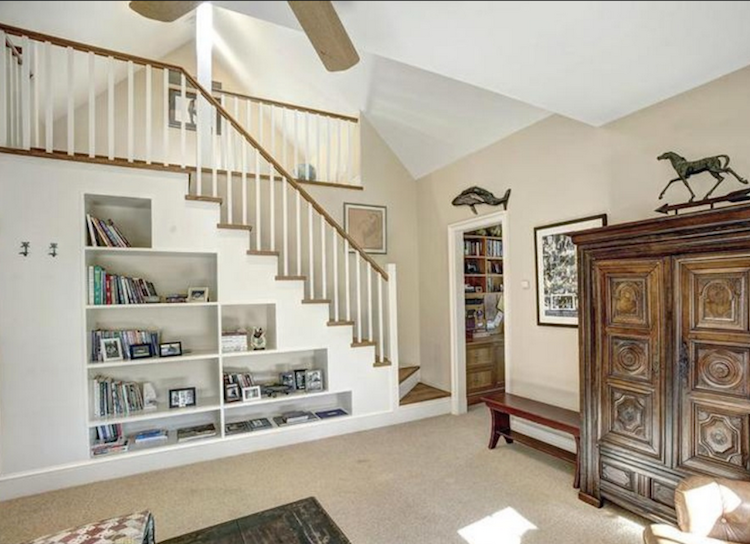
Zillow Digs home in Bethesda, MD
If you’re short on storage space, look below the stairs. Some staircases can be easily converted to hold built-in storage units. This allows you to carve out some valuable square footage for stashing kids’ playthings, gym equipment, or craft supplies. If you’re blessed with an open staircase, you won’t even need to renovate. Consider keeping gear off of the ground, by affixing casters to a plywood board, then stacking containers of various sizes and shapes to fit into the silhouette of the space.
DON'T: Let Things Get Damp
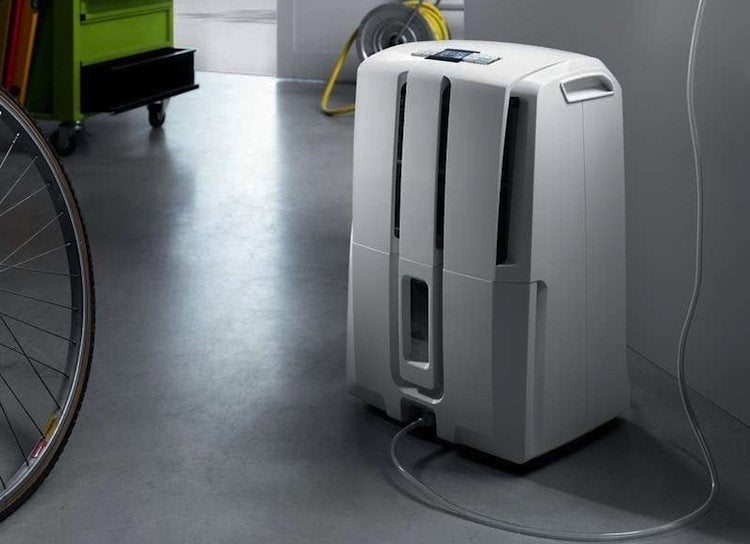
The number one enemy of long term storage is moisture. Damp conditions invite rust, mold, mildew, and a musty smell that clings to upholstery and textiles. To keep your gear in its best condition, run a dehumidifier in the basement to pull moisture from the air.

Everything You Need for a Lush and Healthy Lawn
Keeping your grass green and your plants thriving doesn’t just take a green thumb—it starts with the right tools and supplies.
